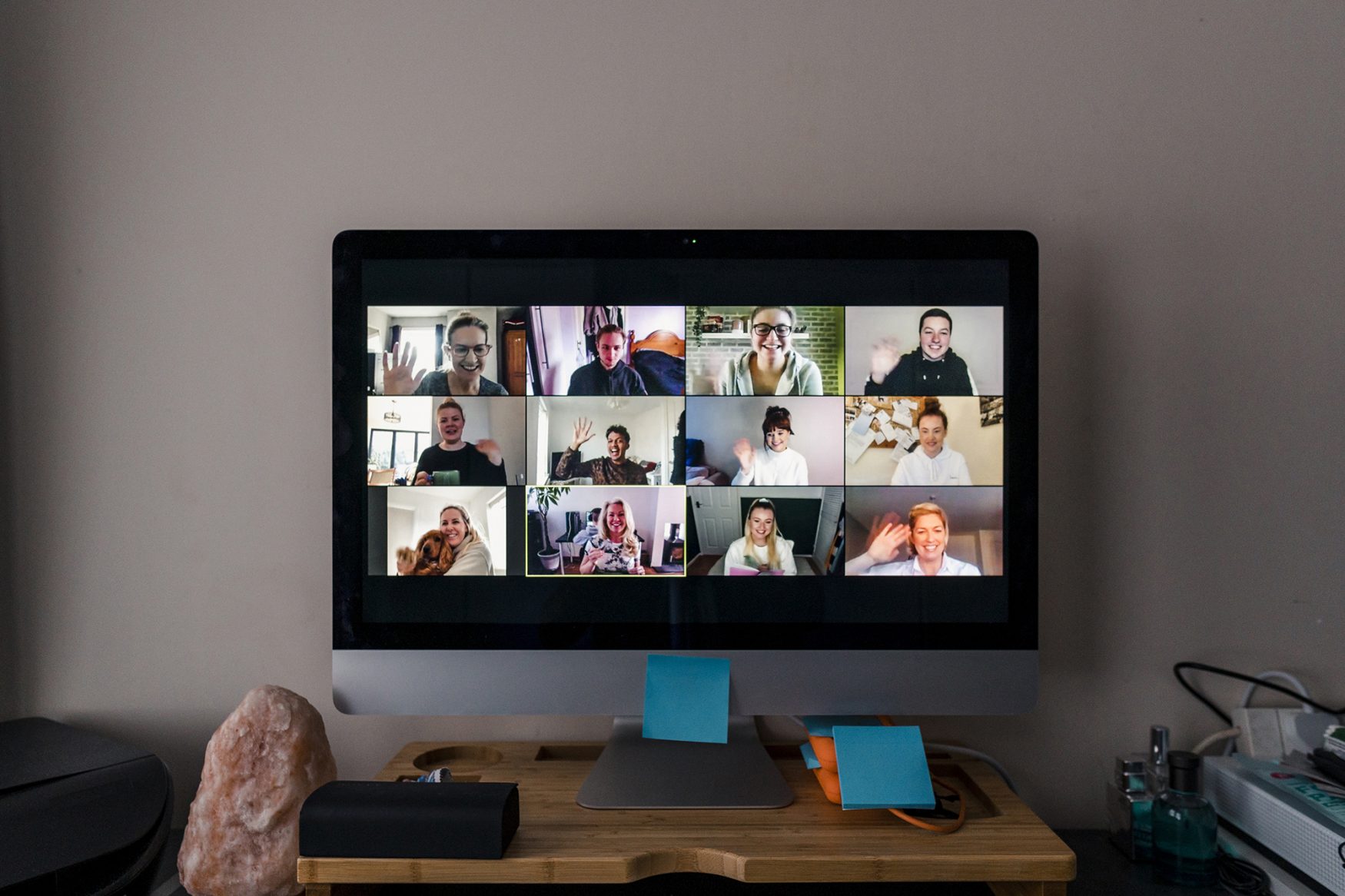
Hello, can you hear me? How are businesses coping with communication during the coronavirus lockdown?
It used to be said that there was nothing like a face-to-face conversation in business. You’d hear seasoned negotiators say they the need to “see the whites of their eyes” and business gurus claiming that “body language is everything”.
Now, as we are ending our first month of coronavirus lockdown, businesses and individuals have been forced to seek out other ways of communicating.
We are all turning to video conferencing and social media, via a laptop, tablet or mobile, to communicate with friends and family, and of course, with business colleagues and contacts too. Even politicians are it by ‘zooming’ into Prime Minister’s Questions for the first time ever today [22 April], after legislation was passed to create a ‘virtual’ parliament.
The debate around the virtual water-cooler is about the practicalities and etiquette of working from home. Do we all need a home ‘office’, or is working from a laptop perched on the kitchen table acceptable?
How do we maintain an air of professionalism while teenage boys squabble on the sofa in the next room or toddlers bang out their favourite tune on your best kitchen pans?
The infamous BBC news clip, featuring an American academic whose small children, pursued by their panic-stricken mother gate-crashed his interview, received more than 40 million views in 2017. Today, this is fast becoming an everyday occurrence.
Confidentiality can be a problem for lots of businesses, and IT consultants have been inundated with requests to configure new laptops and set up VPNs (Virtual Private Networks). Such support may be essential, but also can be another business cost that few can afford in a period where clients and customers may be falling away.
Getting your colleagues together is a challenge too, when part of the team is furloughed and the rest are working from home. Do you insist on video conferencing, and risk seeing colleagues in their pyjamas (or worse), or is a phone conference sufficient?
There is a whole new set of etiquette dilemmas there too. When two or more gather together and are not face-to-face, one can easily dominate the conversation, without the eye and body signals that usually intervene. It can be harder to jump in and interrupt, without sounding rude. Extroverts will love it, while introverts suffer in silence as they wait for their turn.
Despite the security issues, video conferencing service, Zoom, has been one of the big winners in the corona crisis. Two million people around the world downloaded Zoom on the day lockdown was announced in the UK. Worldwide profits increased by 85% in the last quarter of 2019 and are expected to go through the roof in 2020. There are still technical and human glitches in such tools, but they are undoubtedly playing a vital role in keeping businesses and individuals connected.
Freshwater holds a weekly video conference call for all 50 staff who are working from home. We use GoTo Meeting and the calls are designed as more of a social gathering than a business meeting – to check that everyone is OK, to do something to replace some of the social interaction and tap into the camaraderie that is so important to us at Freshwater.
And it works. So perhaps everyone’s sound quality isn’t perfect and more than one colleague probably wished they’d tidied up a bit more before going on camera. But it showed our collective determination that we won’t let the virus beat us.
